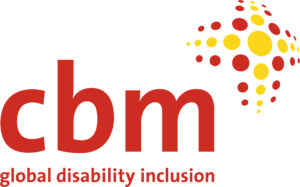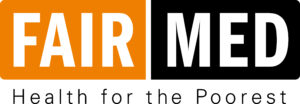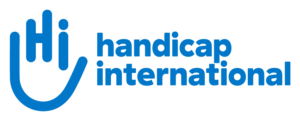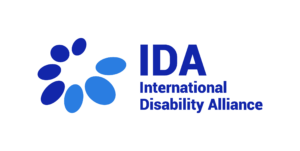SDDC is a Swiss based network advocating for the rights and inclusion of persons with disabilities in Switzerland's international cooperation.
Copyright CBM
What's new?
Today, the world population is estimated at over 8 billion people and more than one billion people, or approximately 15% of the world’s population, live with some form of disability; 80% live in developing countries. Women with disabilities are amongst the most marginalized underrepresented group in society.
The International Day of Persons with Disabilities (IDPD) is a UN day that is celebrated every year on 3 December. It is an integral day in the work of the Swiss Disability and Development Consortium (SDDC) partners as it represents a culmination of the aspirations of the disability sector and the disability movement.
Seven days after IDPD will be Human Rights Day, which is observed on 10 December – the day the United Nations General Assembly adopted, in 1948, the Universal Declaration of Human Rights. A human rights-based approach is crucial to achieving the rights and inclusion of persons with disabilities.
The Campaign
Through the IDPD to Human Rights Day campaign, we plan to raise awareness on the barriers to social, economic, and political inclusion that women with disabilities in Nepal and worldwide experience. The campaign is informed by a Photovoice study on women with disabilities in Nepal as well as the My Lens My Reality photo exhibition, featuring the stories of 10 women with disabilities. This campaign marks the culmination of a series of events and exhibitions which took place throughout 2022 in Nepal and Switzerland. With this campaign, we look to combat stigmatization and address intersectional discrimination against women with disabilities.
Find the campaign and toolkit here.
The Toolkit
This social media toolkit has a large number of posts. It is meant to be used like a menu – so that people or organizations can use the posts that reach their audience or fit with their work.
Get involved and add your voice to the campaign by using the social media toolkit to increase the profile of disability inclusion to governments, policymakers, NGOs, media and the general public.
On 1 September 2022, the My Lens My Reality exhibition was shown for the first time in Italian-speaking Switzerland in the city of Locarno. Ms. Nancy Lunghi spoke on behalf of the city of Locarno, which sponsered the event. She officially opened the exhibition in the canton of Ticino. “The exhibition carries important messages that we as a city wanted to support and be able to convey.”, said Lunghi.
Ms. Marina Carobbio, Swiss Parliamentarian and Member of the Council of States, then took the floor to state that the exhibition deals with issues that are important to her: “development aid, gender and inclusion.”
“A strong society is a cohesive society that integrates all its members and recognizes and promotes everyone’s specific abilities. We hear this in the words of the ten Nepalese women […] Words that must give us the strength to act for the rights of people with disabilities, here as in the rest of the world.”, so Carobbio.
Ms. Maria Marelli from Humanity and Inclusion, spoke on behalf of SDDC to present the results of the accompanying Photovoice study carried out by the University of Bern. Ms. Mirjam Gasser from CBM Switzerland said a few words about the exhibition and welcomed everyone to the event.
The My Lens My Reality exhibition was displayed at the Palazzo SES in Locarno from 29 August to 2 September 2022.
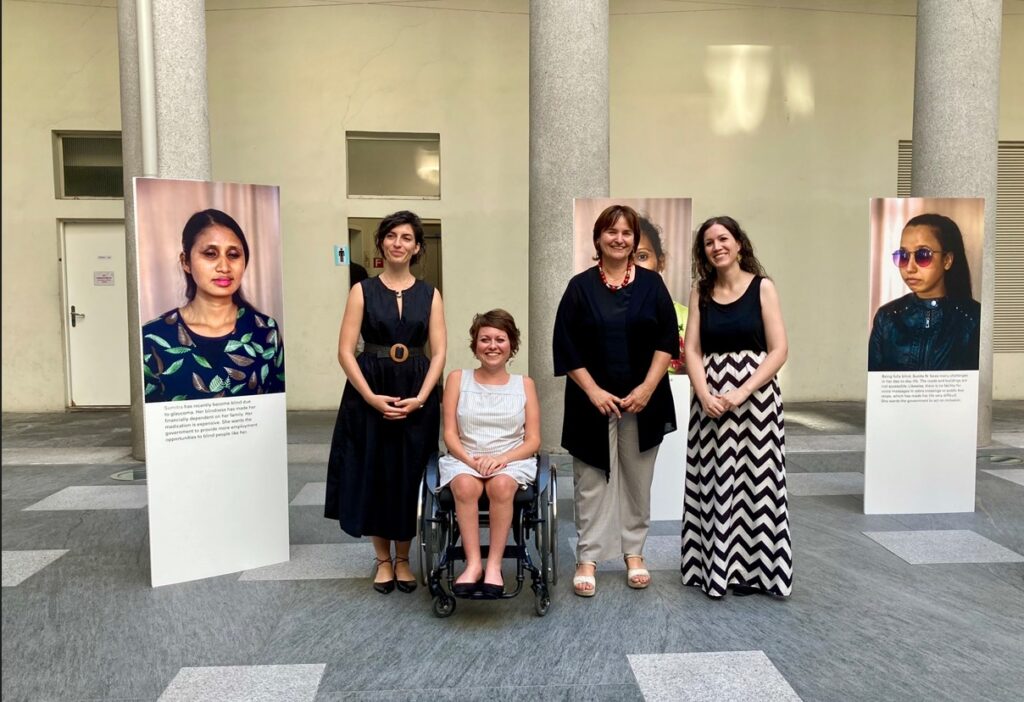

[custom-twitter-feeds]
Key Messages
How can Switzerland ensure the rights of persons with disabilities in the Global South?
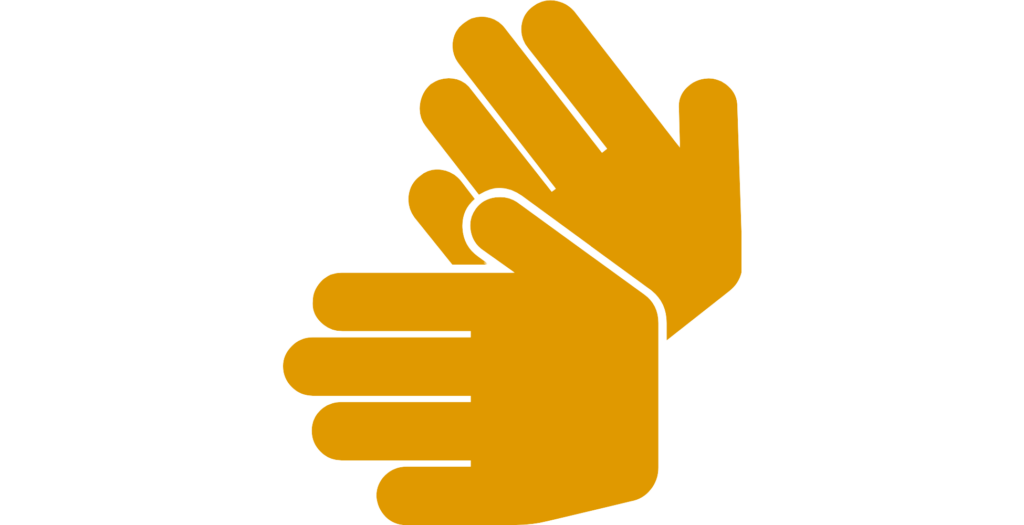
International Sign

No guidelines, no priority. Switzerland needs guidelines to inform its work on the inclusion of persons with disabilities in its international cooperation. Current efforts on disability inclusion are small scale, ad-hoc and mostly segregating.

Nothing about us, without us! Switzerland must ensure the full and active participation of persons with disabilities throughout all processes affecting them, including in its international cooperation. Arrangements must be made to enable their participation.

What isn’t counted, doesn’t count. Switzerland has committed itself to be a leader on data collection, but it is not systematically collecting and disaggregating data on disability in its international programmes.

Leave no one behind in humanitarian crises. Persons with disabilities are disproportionately affected in humanitarian crises. Switzerland committed itself to making its humanitarian action inclusive of persons with disabilities, but it is not clear how it is living up to its commitment.

What isn’t budgeted for, doesn’t get done. Switzerland must sufficiently budget for the inclusion of persons with disabilities in its international cooperation and must commit itself not to finance programs and services that segregate persons with disabilities from the community.

